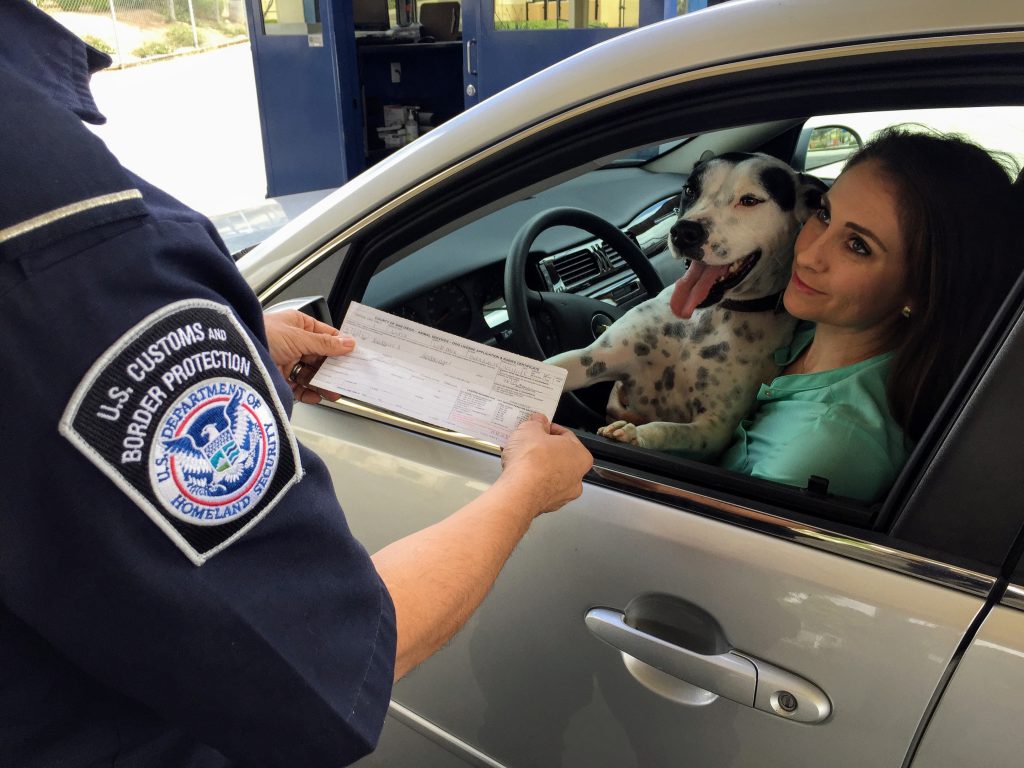Leaving your dog in a hot car in North Carolina isn’t just dangerous; it could land you in legal trouble due to the state’s laws against animal cruelty. Understanding these regulations is crucial for every pet owner to prevent potential tragedies and legal consequences.
The Legal Framework
North Carolina’s approach to pets in hot cars is governed by Section 14-363 of the General Statutes, which prohibits carrying any animal in a “cruel or inhuman manner.” This broad language covers extreme conditions that endanger an animal’s life or health, including:
- Extreme Temperatures: Cars can heat up to 120°F quickly, even on mild days. This can lead to heatstroke and even death for dogs.
- Lack of Ventilation: A slightly opened window is insufficient in providing the necessary air circulation to reduce the trapped heat.
- Vulnerable Breeds: Dogs like pugs and bulldogs, puppies, senior dogs, and those with health conditions are particularly at risk.

Legal Consequences
The consequences of violating Section 14-363 range from a Class 1 misdemeanor for first offenses, involving a fine up to $2,500 and possible jail time, to felony charges for subsequent offenses with harsher penalties.
The Moral Obligation
Beyond legal implications, there’s a moral duty to protect our pets. In the U.S., over 500 dogs annually die from heatstroke in hot cars. Instances like the 2022 case in Wilmington, NC, where a man faced charges after his dogs died in a hot car, underscore the severity of this issue.
Practical Alternatives
To avoid these risks, consider the following:
- Leave your dog at home with a pet sitter or in daycare.
- Choose pet-friendly stores if your dog must accompany you.
- Run errands during cooler times, or ensure your dog stays in an air-conditioned space with water access.
- Good Samaritan Laws
- North Carolina’s Good Samaritan law (N.C. Gen. Stat. § 14-276) protects individuals who break into a vehicle to rescue an animal, provided they attempted to find the owner and used reasonable force.
Legislative Initiatives
North Carolina has seen initiatives like Senate Bill 372 (2019) and House Bill 363 (2023), reflecting a growing awareness and desire for legal and educational solutions regarding this issue.
Read More:
- Florida Among the Least Educated States in the US, According to New Survey
- Alyssa Mason Shines as Ohio Women’s Track and Field Dominates Falcon Early Bird Open
- Divorce Challenges: Unpacking Gender Imbalances in Oregon’s Legal Landscape
Leaving a dog in a hot car in North Carolina goes beyond convenience; it’s a significant risk to their well-being and a potential legal violation. Understanding the law, recognizing the risks, and choosing safer alternatives can ensure the safety and happiness of our canine companions. Responsible pet ownership should be a mantra, motivated by love and care, not just compliance with the law.

